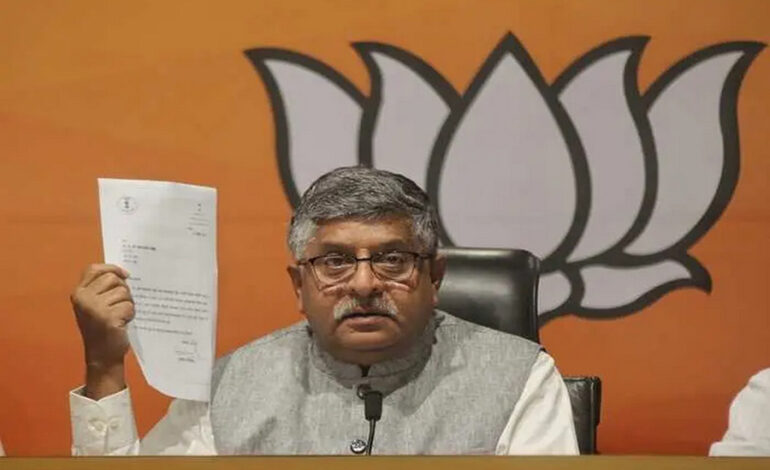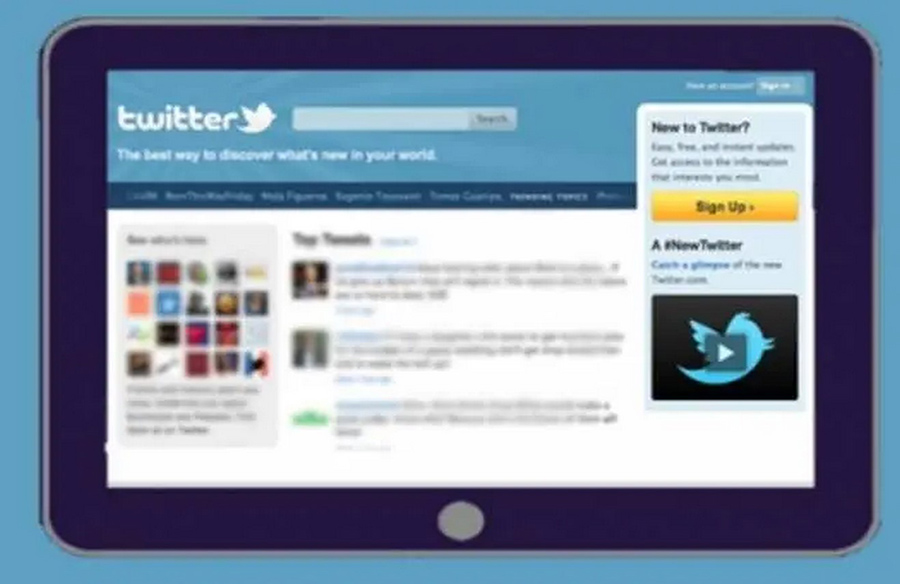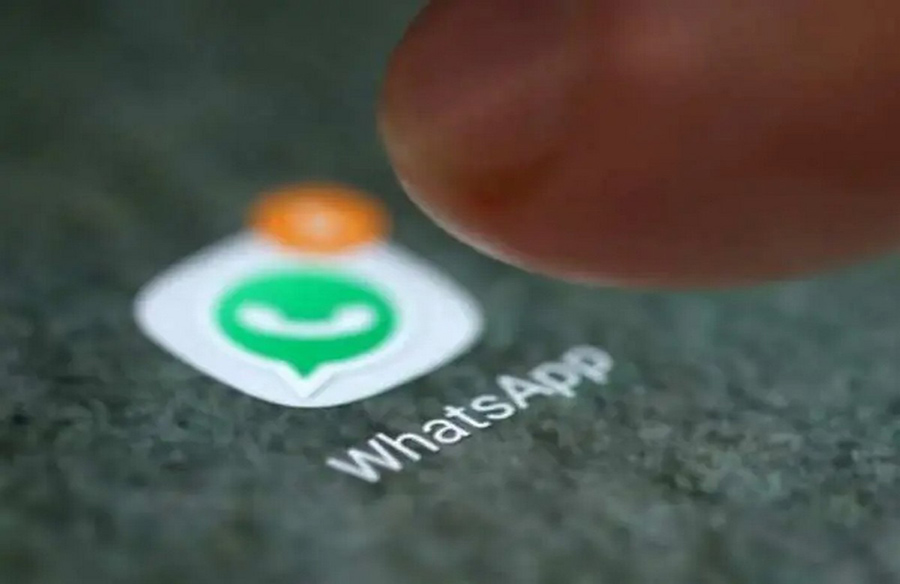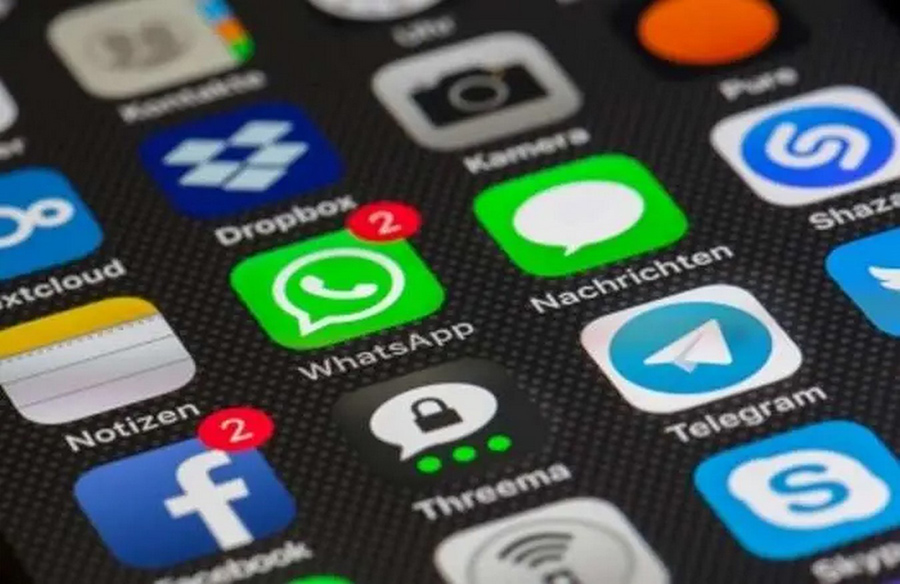Twitter’s Intermediary Status in India Under Scrutiny
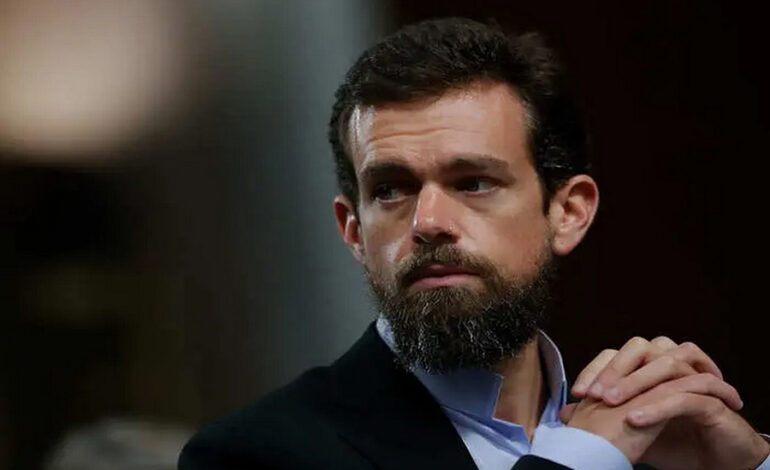
Twitter’s recent clash with the Indian government over new IT rules has led to debates about its intermediary status and liability for content on its platform.
Intermediary Status in Question
Twitter, as an intermediary, is currently shielded from direct responsibility for user-generated content. However, its failure to comply with Indian regulations has raised concerns about this protection. If Twitter loses its intermediary status, it could be held directly accountable for posts on its platform.
Potential Legal Ramifications
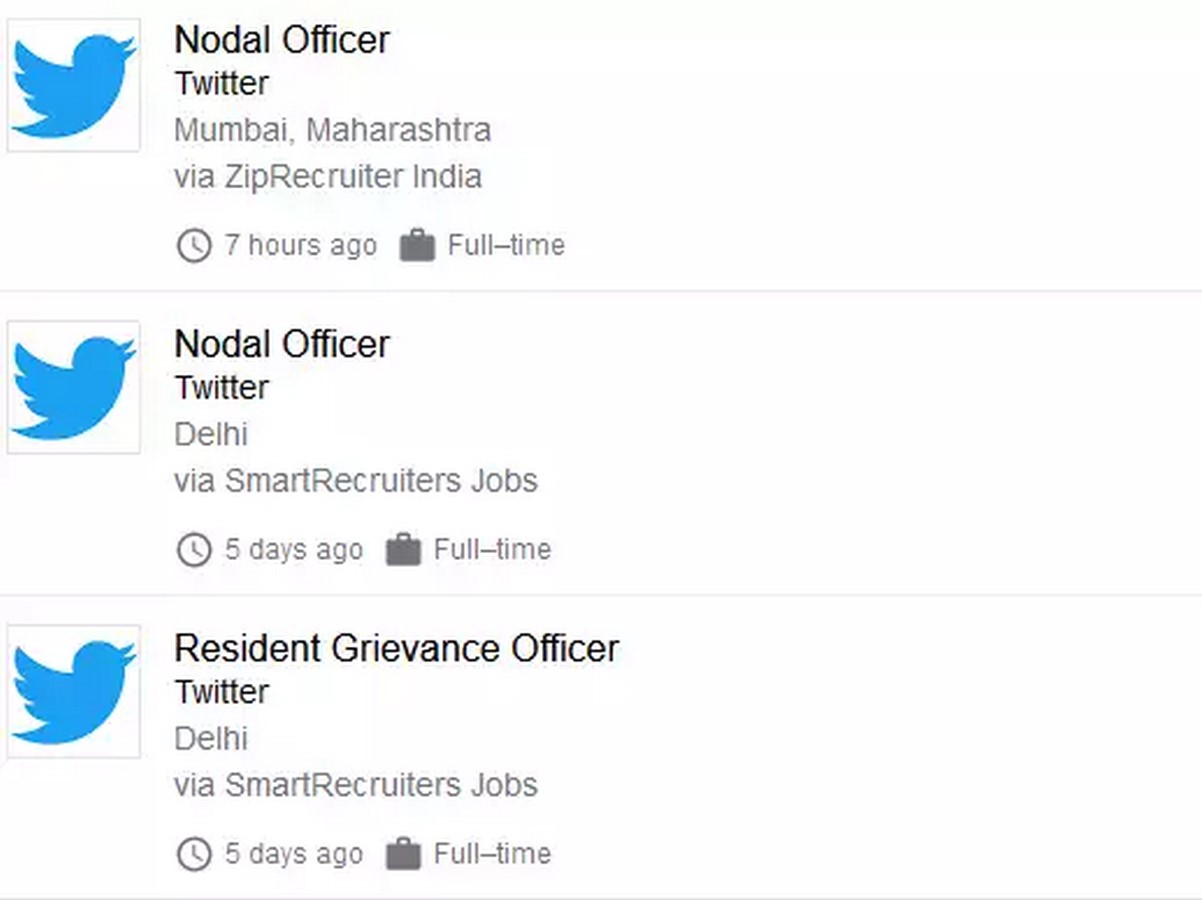
Losing intermediary status means that Twitter would be answerable for content deemed non-compliant with Indian laws. This includes facing legal consequences alongside users for violating the Information Technology Act, 2000, and penal laws of the country.
Interpretation by Legal Experts
Legal experts, such as the Internet Freedom Foundation (IFF) and the Software Freedom Law Center (SFLC), argue that intermediary status is a technical classification. According to Section 79 of the IT Act, platforms like Twitter remain immune from liability if they promptly comply with legal takedown requests from authorities.
Challenge to New IT Rules
Organizations and individuals have challenged India’s new IT rules, claiming they infringe on fundamental rights like freedom of speech and privacy. Critics argue that these rules conflict with existing legislation, such as the IT Act of 2000.
Twitter’s Compliance Efforts
Twitter has expressed its commitment to comply with the new guidelines and has appointed interim compliance officers. However, the platform faced criticism for delays in meeting the May 26 deadline and concerns about employee safety due to government actions.
Government’s Response
The Indian government has taken a firm stance, urging platforms like Twitter to adhere to the new rules promptly. There have been reports of government officials visiting Twitter’s offices, signaling the seriousness of the compliance issue.
Moving Forward
Twitter’s recent recruitment efforts for compliance roles indicate its willingness to cooperate with Indian regulations. The platform is set to appear before a Parliamentary Panel to address concerns over misuse of its platform.
The ongoing debate underscores the challenges of regulating digital platforms while upholding user rights and legal compliance. Collaboration between stakeholders is crucial to finding a balanced approach that ensures both freedom of expression and accountability for online content.
